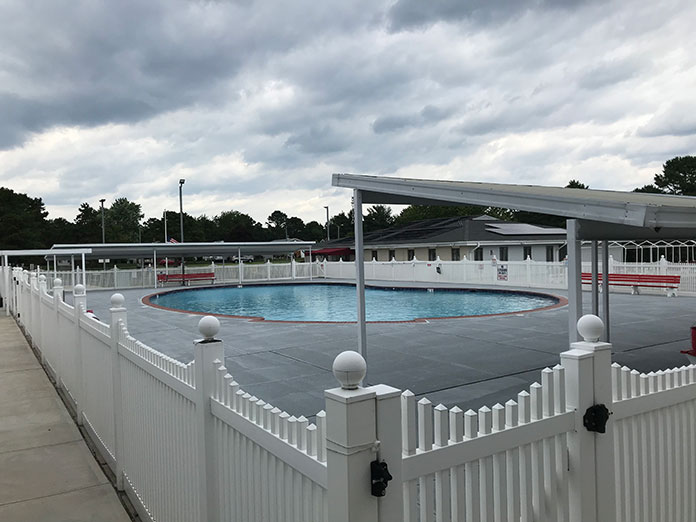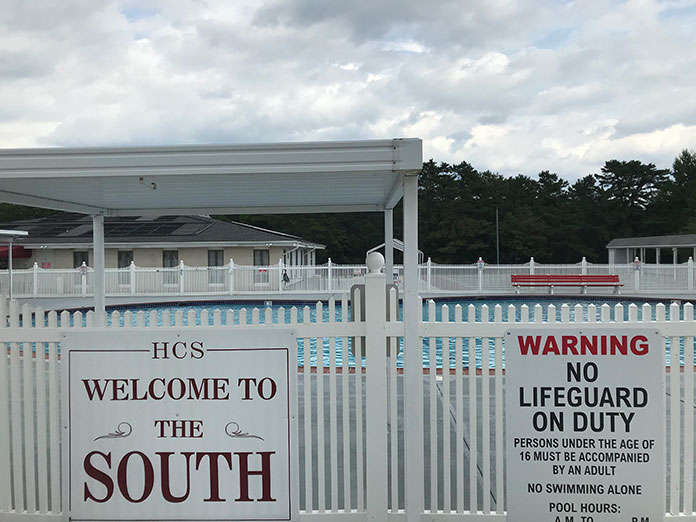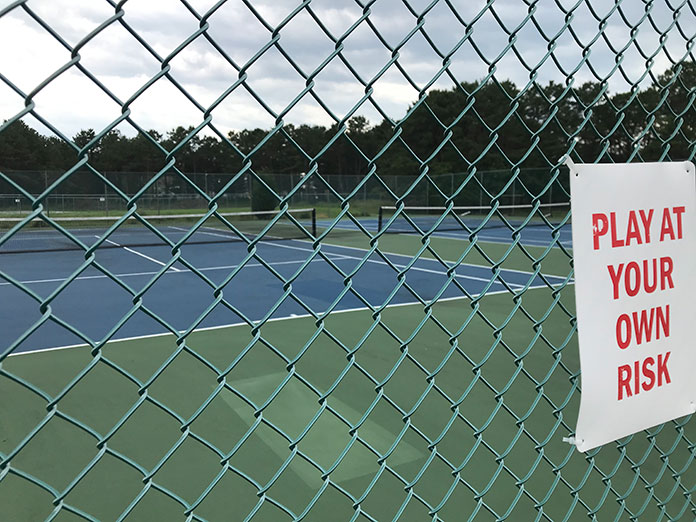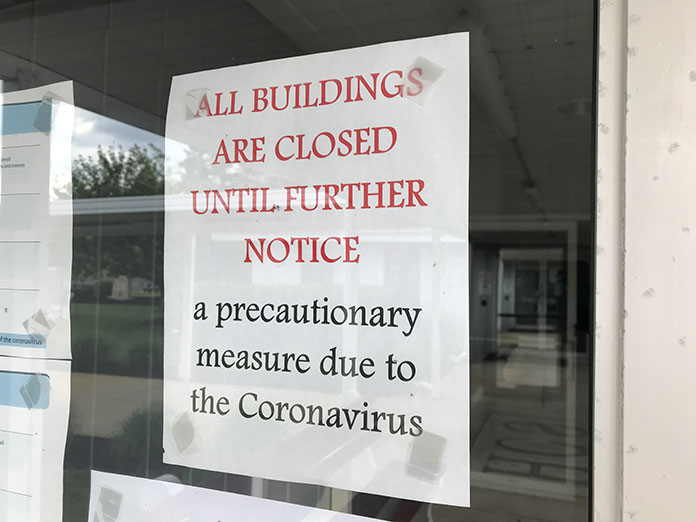
BERKELEY – Despite the governor saying that public pools and very small interior gatherings are allowed now, some senior communities are finding that impossible in terms of finances.
The news of the pools opening spread very quickly, but the news of what rules homeowners associations would have to follow did not spread as quickly. Some people even protested outside the closed pools, demanding them to reopen since the governor said it was allowed. They said they pay their association dues, and therefore they should be able to use the amenities.
Mike Signorile, President of Holiday City South, explained during a senior community meeting that while Gov. Phil Murphy said it’s OK to open, it is also financially impossible.
“Murphy opened Pandora’s Box by announcing the opening of public, community and private pools on June 22, 2020. When he did this, he provided a glimmer of hope to the residents of the state that part of the summer might be normal. Then came the guidelines, with the requirements for re-opening, proving to be cost prohibitive,” he said.
There are 11 pages of guidelines senior communities would have to follow. Additional staff would be hired and additional cleaning would have to be done on a daily basis to keep the public areas safe. None of the associations had this kind of money in their budget for 2020.
The restrictions themselves are not the problem, he said. Association members would gladly follow the rules because they don’t want someone getting sick on their watch. They just can’t afford to.

Some examples of restrictions being in place are that there should only be 20 people in the pool area at a time. Not just the pool – the pool area. Given that there are 2,359 houses, this would fill up quickly. Then, you’d need to have someone at the gate turning away their neighbors. This is bound to cause bad blood between people.
Another big issue is that the senior associations don’t have indemnity. If someone gets sick while using a public space, they can sue the Homeowners Association and members, he said. Such a lawsuit would likely be settled rather than go to trial. Still, legal fees and the settlement could bankrupt the association.
Such indemnity is allowed for public pools, but not public areas of a private association, which is what a pool in a senior community is.
“With the lack of indemnification, legal counsels for the State Association for HOAs all advised it would be prudent not to place our associations and its members in harm’s way by opening the associations to potential lawsuits and the related expenses,” he said.
“I moved here because of the amenities,” Signorile said. He and his wife liked that there was always something to do and people to meet. “It’s been a tough decision not to reopen.”

Vince DeChiaro, Holiday City South’s Vice President, put together information about what the costs would be like to reopen. The estimate was that it would be five times the normal expenditure due to disinfection equipment, supplies, additional hiring to monitor all activities, security personnel and additional staffing to provide disinfection for all buildings. This comprises all social gatherings such as dinners, dances, and external activities, including the pool, for the duration of the year.
Residents will not have their HOA fees reduced, Signorile said.

“HOA maintenance fees are exactly what they are, maintenance fees,” he said. “The maintenance fees are determined based on budget related items and completed reserve studies which provide a look at expected future expenses required to maintain the individual associations properties and continue daily operations. Although everyone feels the pool is an important amenity, in the scope of expenses budgeted for, it is negligible. The overall daily operations and the requirements for each association to build reserves for their future stability requires HOA fees to be maintained at the current levels and that does not account for unexpected or emergency related expenses that could be encountered due to the COVID 19 pandemic or a single catastrophic event.”







